We have passed the solstice and are on the downhill slide to the fall equinox. The snake beans and bitter melons are topping their trellises. Voluptuous winter squashes peek coyly from beneath foliage, and the milestone of the first ripe tomato has been passed. We are experiencing extreme heat and moderate drought, which has left the woods and the garden drier, but still mostly green and productive. The orchard sparkles with hundreds of lightning bugs each night, and the Japanese beetles have arrived, but the damage they do is always inconsequential here.
I have been trying to write about climate change, but the horrible events of the headlines seem far away. There are no wildfires here, or even smoke. The heat wave is hard — we've added an extra window fan in the bedroom and sleep with our heads at the foot of the bed in order to feel the breeze more directly. I am basically in summer survival mode now, focusing on the essential outdoor tasks of keeping the animals comfortable and the plants watered.
We've had more pleasant summers than this, but we've had worse also. The heat means I've had some fan-enhanced couch time to catch up on reading, and a recurring theme I've noticed is climate anxiety.
The heat magnifies all irritations, but I feel justified in my annoyance when I read about this ailment. I get it that people are worried and anxious about the future, and that more are waking up to the fact that current systems can't be sustained and we're heading for some sort of collapse. But much of what I read feels like a directive to feel worried, and by extension, hopeless. The message I get is this: Horrible events are happening and will continue to happen which you can do nothing about, so get on with being depressed and anxious.
What exactly is climate anxiety? It is a malady that arises from uncertainty about what the future holds on a warming planet. According to Cornell University,
Climate anxiety — also referred to as eco-anxiety, eco-grief, climate doom, solastalgia, or eco-worry — is distress about climate change and its impacts to our ecosystems, the environment, and human health and well-being.
If you feel you are suffering from this affliction, there are online support groups you can join to discuss it and to help in coping with the problem.
The concept of climate anxiety must be properly contextualized to explain why it bothers me so much. I feel I'm being instructed to be worried about a very specific thing (which I'm calling ClimateChangeTM to distinguish from other perspectives.) The climate aspect of climate anxiety has a loaded meaning in which atmospheric carbon is the driver of climate disruption. Land use changes are disregarded. This perspective is referred to by critics as carbon reductionism.
A critical reading of mainstream media reveals that ClimateChangeTM is what is meant when the terms climate change and climate anxiety are used. We read that climate change causes stronger storms, deeper droughts, more devastating heatwaves. What is really being said is increased atmospheric carbon worsens storms, droughts, and heatwaves. In ClimateChangeTM, it is purely the greenhouse effect causing heating and leading to bad outcomes. I'm not going to argue that increased GHGs don't cause problems, but I will point out that something is missing here.
There once existed a “second leg of climate change,” the effect of what is often called land use changes, but might more accurately be called biosphere destruction. This includes extensive clear cutting of forests, grassland destruction by extractive agriculture, the removal of water from the land, and replacing green spaces with concrete and asphalt, among other things. Not long ago such changes were understood to contribute to climate disruption, but they have largely disappeared from media reports.
It is important to note that in the definition above, climate anxiety is defined as “distress about climate change and its impacts to our ecosystems, [and] the environment,” not the other way around. In fact, we are rarely cautioned to feel anxious about the effect of our ecosystems and environment on climate. I find this astounding. The more I read, the more I understand climate change as not merely the buildup of atmospheric GHGs, but the crippling of earth's ability to regulate itself due to removal of vegetation and moisture, and consequent damage of the water and carbon cycles.
The extinction crisis is sometimes summoned to round out the things we should worry about, but it is often attributed to ClimateChangeTM. As if we weren't actively and globally engaged in the destruction of habitat including the air, water, and soil upon which wildlife depends! In this worldview, atmospheric carbon warming the earth and leading to biodiversity loss is more deserving of anxiety than the fact we are daily bulldozing, spraying, clear cutting, damming, draining and in many other ways not only directly killing off life, but changing the climate by removing the very skin of the planet.
To reveal how backwards the dominant narrative is, consider what activism might look like if we were constantly admonished to be anxious about mountain top removal because it vastly increases the possibility of mudslides and flash floods. What if we were urged to form support groups to help people deal with depression caused by the nearly total loss of the tallgrass prairie ecosystem? What if therapists specialized in aquifer depletion counseling? I feel a queasy mix of anger and anxiety when I see an open green space turning into a strip mall. Where is the therapy group for that? If we were bombarded with the message that we should be anxious about these issues, mental health would surely suffer initially, but we might also be moved to action.
If you are experiencing climate anxiety, the first step to recovery is recognizing that you are being manipulated. Despite the many convoluted causes of the multiple environmental crises we face, each with its own shovel-ready solutions that could be tackled on individual, community, and global levels, we are being herded into the carbon reductionism corral. Here we mill about ineffectively, our collective anxiety feeding off itself. It's time to open the gate and step into a world of possibility.
For further reading, check out
’s latest for a straightforward explanation of a simple solution that is almost totally absent from mainstream media.

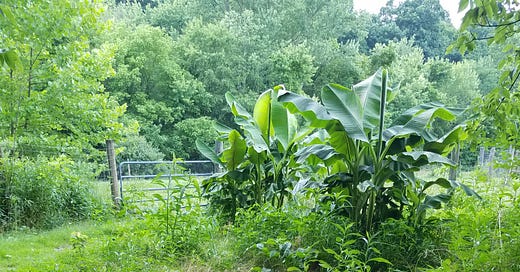



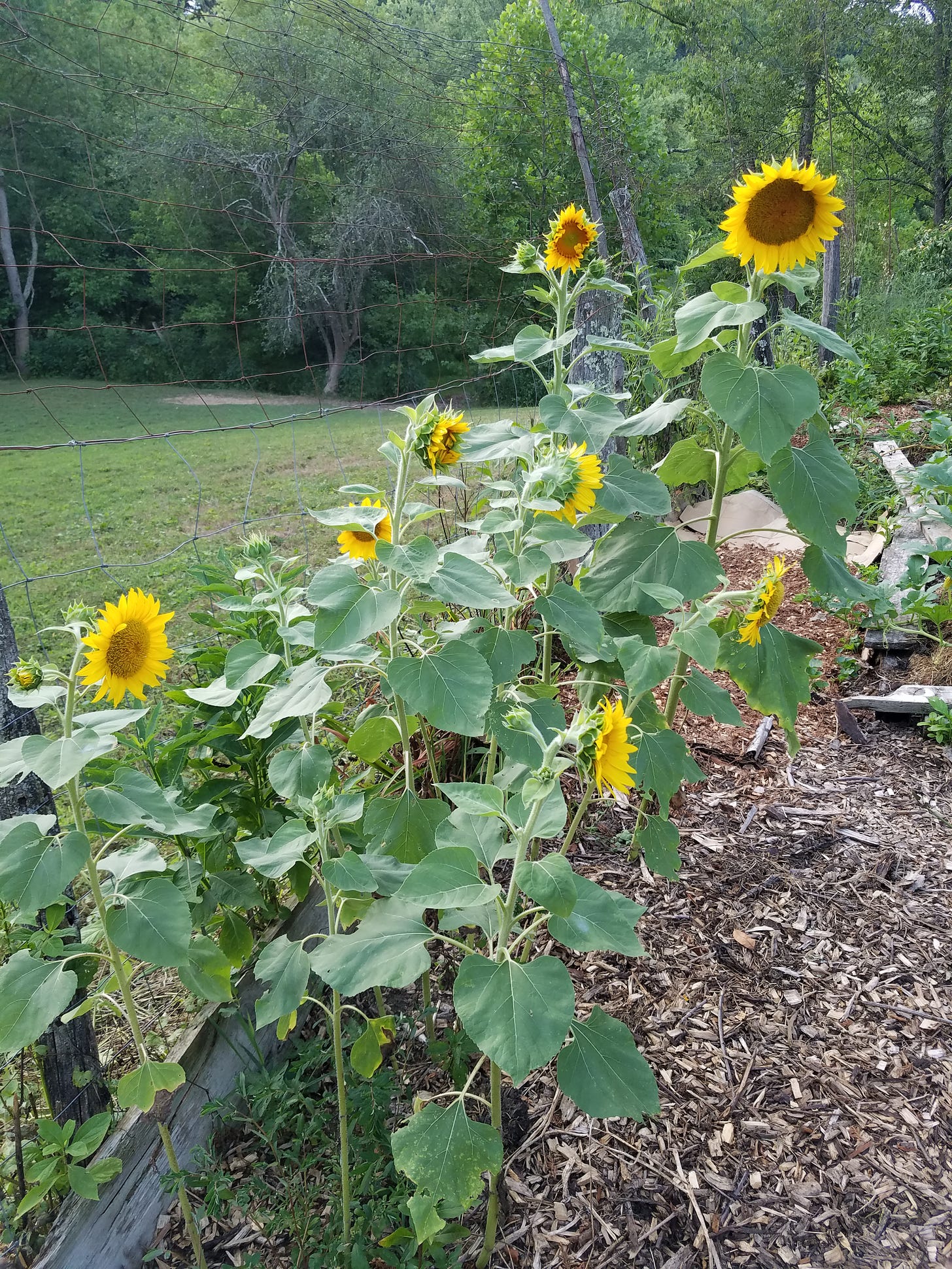
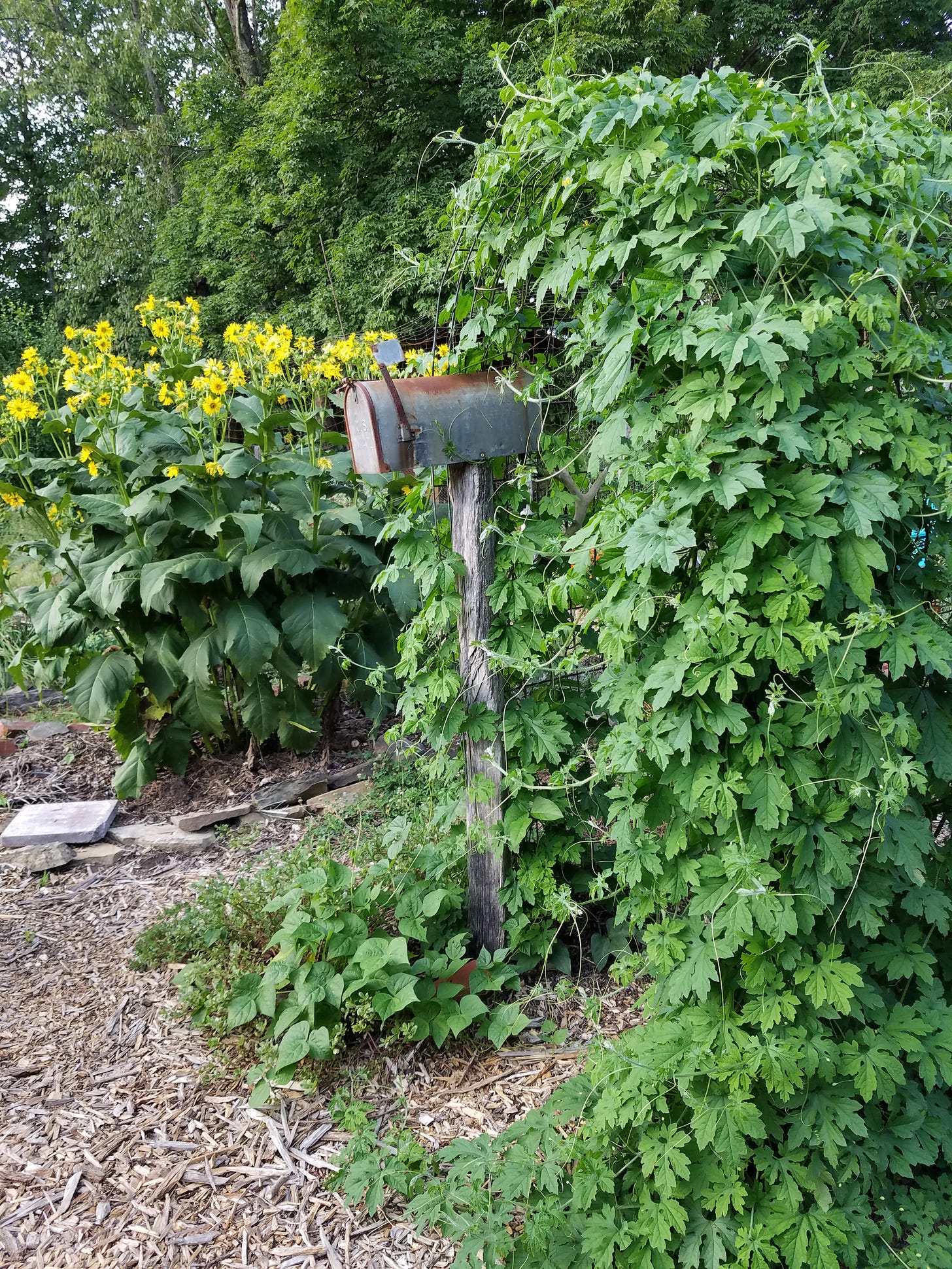
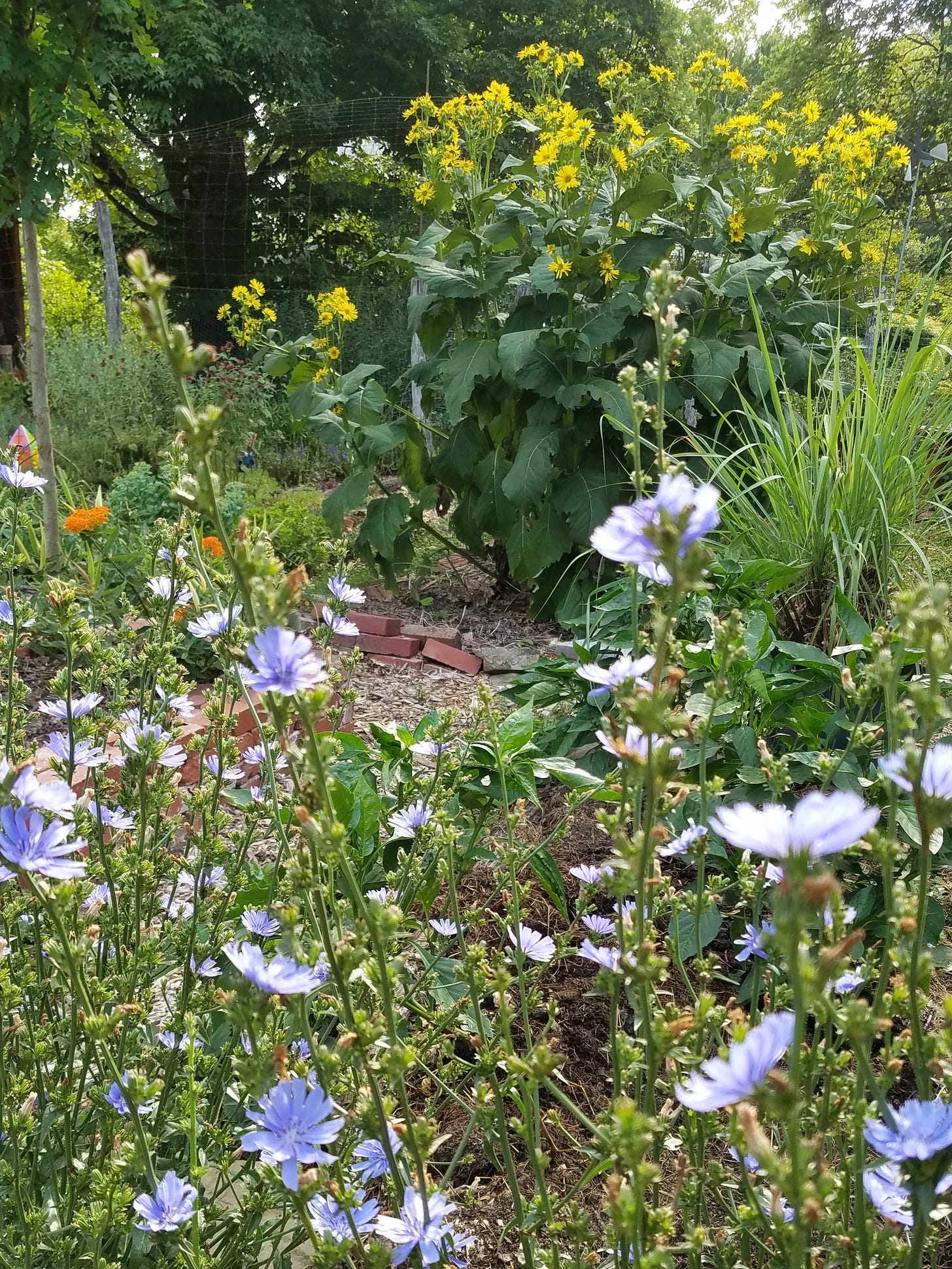
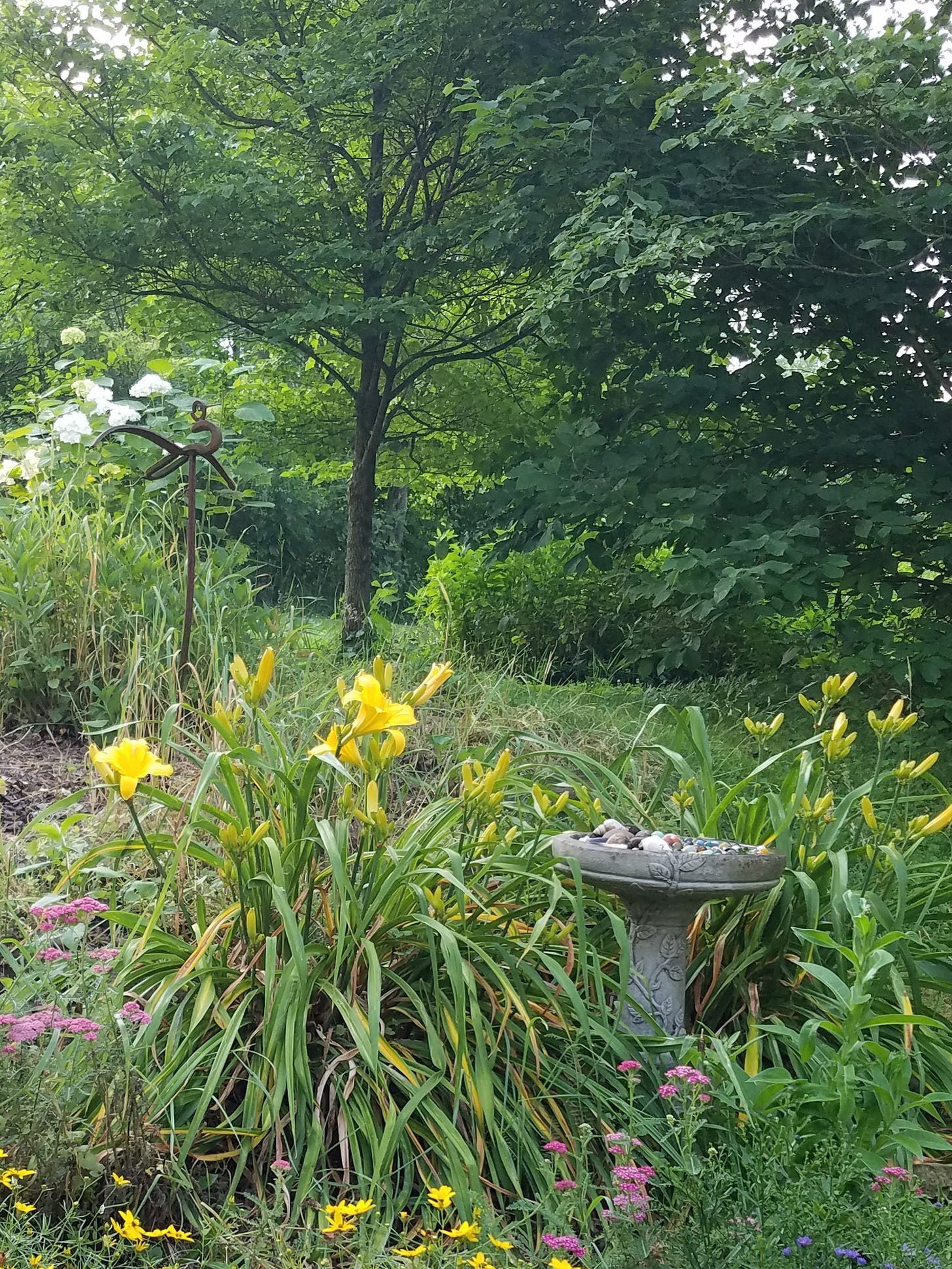

This made me think of a passage from a book by Wendell Berry, quoted below. Thank you for your writing! I appreciate the reminder to be more than just an "emissionary."
----------------------------
Because the future is limitless, we can project without limit into it. It is limitless, to us, because we know nothing about it. Because we know nothing about it, we are free to talk endlessly about it. It is hard to imagine why we do this except to distract ourselves from the difficult things we do know about and ought urgently to be talking about. We give up the incarnate life of our living souls, in the only moment we are alive, in order to live in dreams and nightmares of the future of a world we have already diminished and made ill, in no small part by our often mistaken preparations for the future. Why, living now and only now, should we afflict ourselves with predictions of a hellish future in which we are not alive and perhaps will never live? Or why should we delude ourselves with visions of a future technological heaven-on-earth in which we certainly will never live?...
The problem with prediction, no matter how scientifically respectable it may be, is its power to bring on first a fear and then a movement that can be popularized into a fad. But of all bad motives, none may be worse or more hopeless than fear. Nobody, I think, has ever done good work because of fear. Good work is done by knowing how and by love. Love requires faith, courage, patience, and steadiness, none of which can come from fear…
To get to such ways of thinking and working, I believe we have got to understand how the great one-cause, fear-motivated climate change movement, for example, can become a major distraction, not only from better ways of problem solving and better ways of thinking and working but also from the local causes of climate change – which has, after all, only local causes.
-Wendell Berry, “Leaving the Future Behind: A Letter to a Scientific Friend,” in The Art of Loading Brush: New Agrarian Writings, 2017, pp. 69, 71-72
Thanks Lynn! Here's my version! https://didipershouse.substack.com/p/heres-what-i-think-everyone-needs